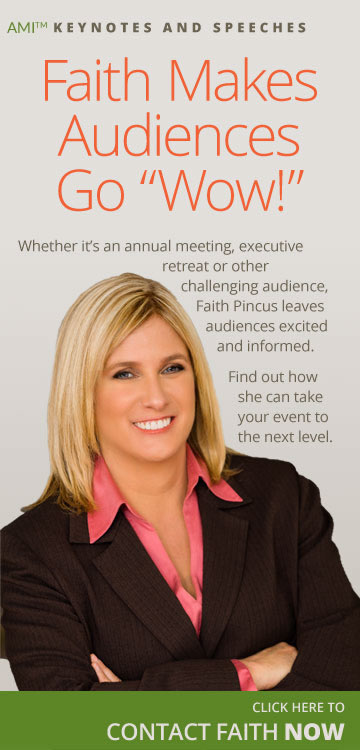How to talk to … juries
As I mentioned last time when I was talking about judges, there are some very specific aids that legal professionals have in the area of getting to know some pertinent background info on their audience. There are limitations when it comes to juries, but that doesn’t mean you are without any resources at all. For example, you have voir dire and, in some states, jury questionnaires. It may seem cliché, but it doesn’t make it any less true: finding out what magazines people subscribe to, what TV shows they watch regularly and what types of movies they prefer to see and what their hobbies are will help you know more about their interests and how they might view a particular issue.
Use the jury questionnaire for this as you’ll get more honest answers than in voir dire. Do not neglect to take every opportunity to learn everything you can about a potential juror. And, most importantly, once you know their interests, you can think about what types of stories, analogies, metaphors and similes will resonate with each individual in your jury. For example, someone using sports metaphors throughout a jury trial would completely lose me if I was on the jury. I don’t pay any attention to sports. But if you were to use stories and analogies related to dogs or wine and food, you’d have my attention and I’d get what you were saying. This is an invaluable communication tool that you should not overlook.
Again, you are trying to meet your audience’s needs and that means communicating with them in a way that they can absorb what you are saying.
There is no question that a person’s beliefs (political, religious, moral, etc.) will color the way they think about a particular issue. As much as jurors avow that they will not let their own personal opinions affect their decision making, it is incredibly rare to find a juror that can divorce their own deeply held convictions from their opinions in court.
Entire books have been written on the art of jury selection and that is not what I teach, so I won’t go on about this any further. I want you to learn about them so you can tailor your message more persuasively based on your jury’s interests and beliefs. Someone else can help you improve how you pick your jury.


